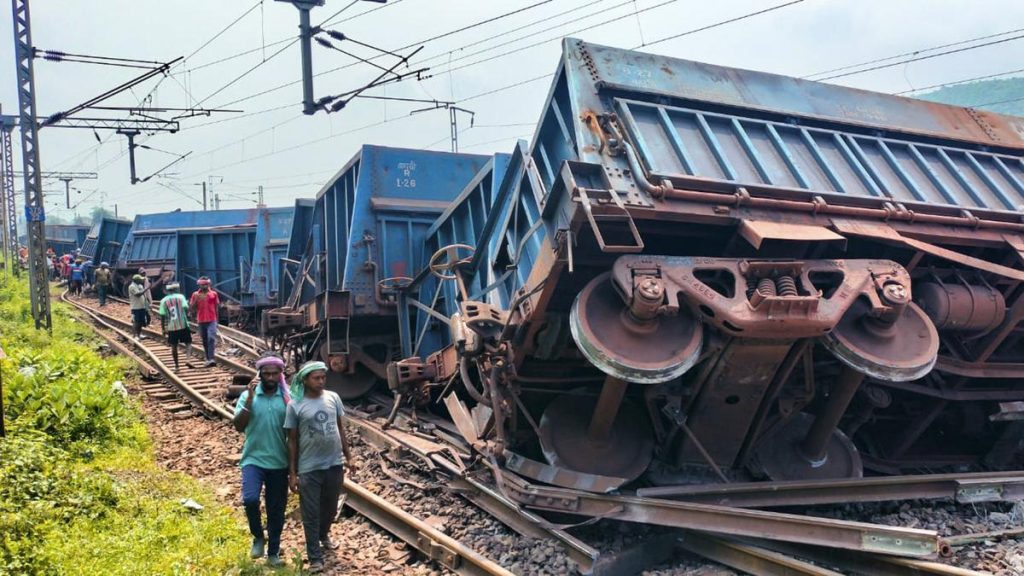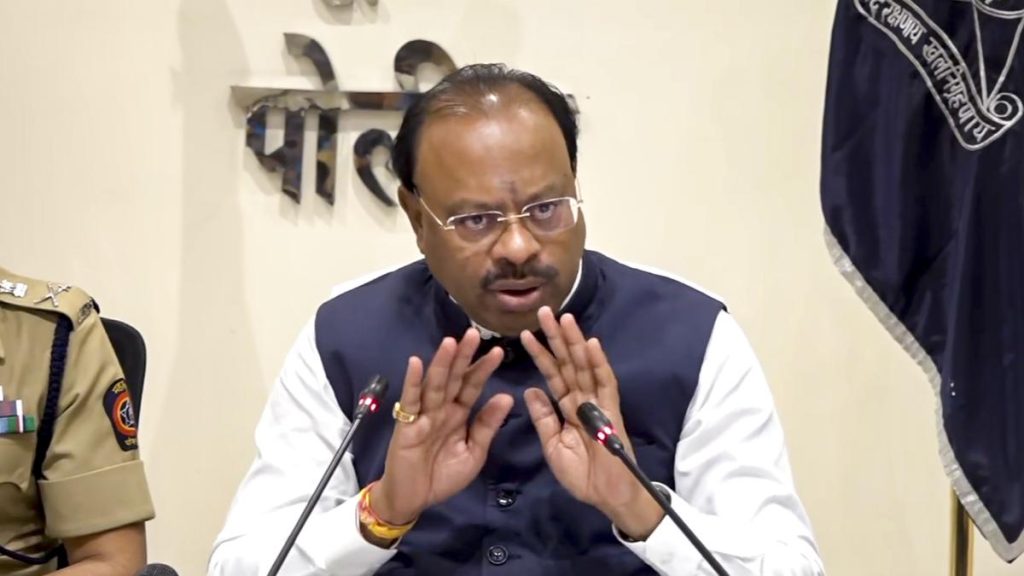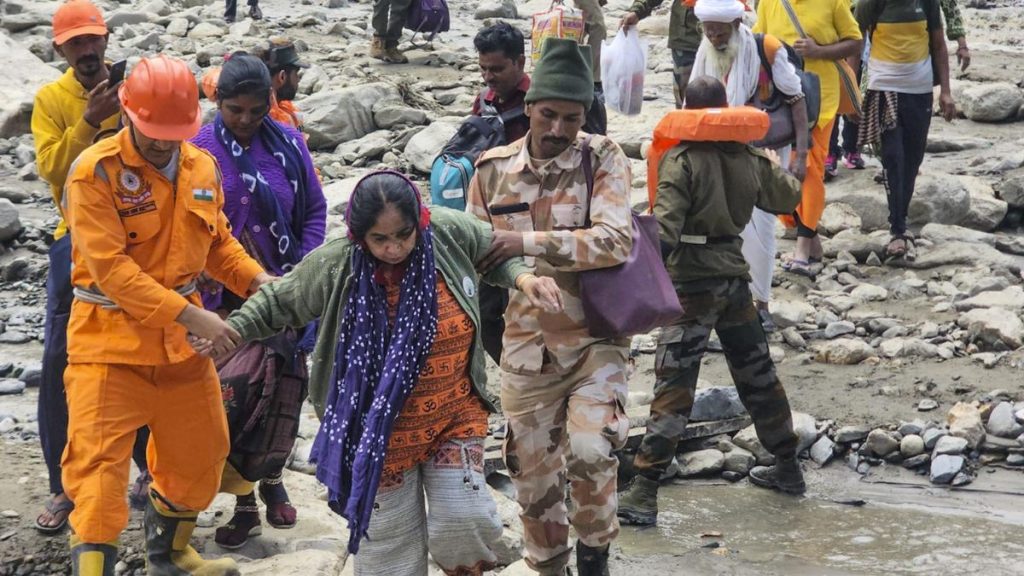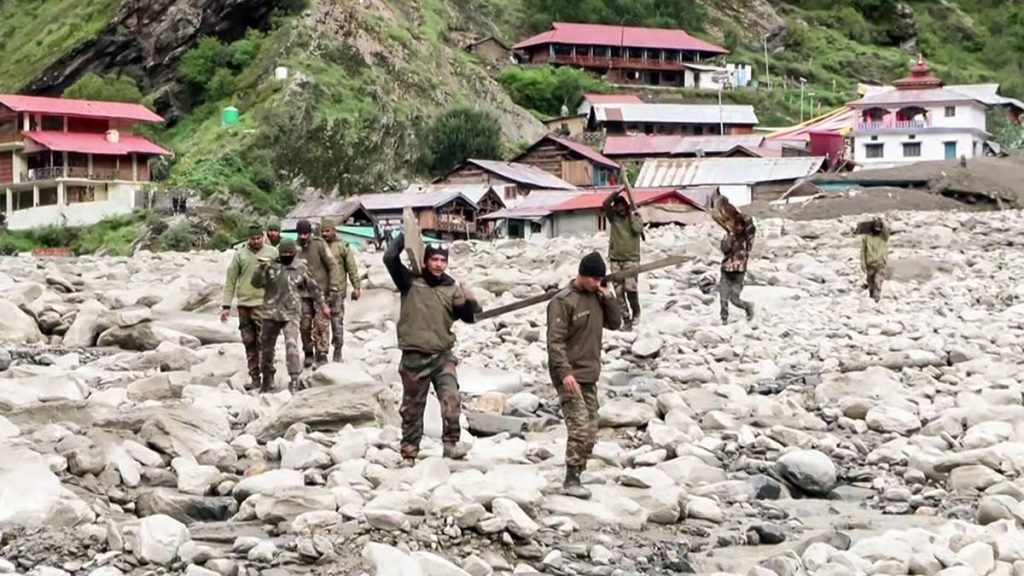Now Reading: J&K Govt Seizes 4 Tonnes of Unsafe Mutton Amid Quality Concerns
-
01
J&K Govt Seizes 4 Tonnes of Unsafe Mutton Amid Quality Concerns
J&K Govt Seizes 4 Tonnes of Unsafe Mutton Amid Quality Concerns
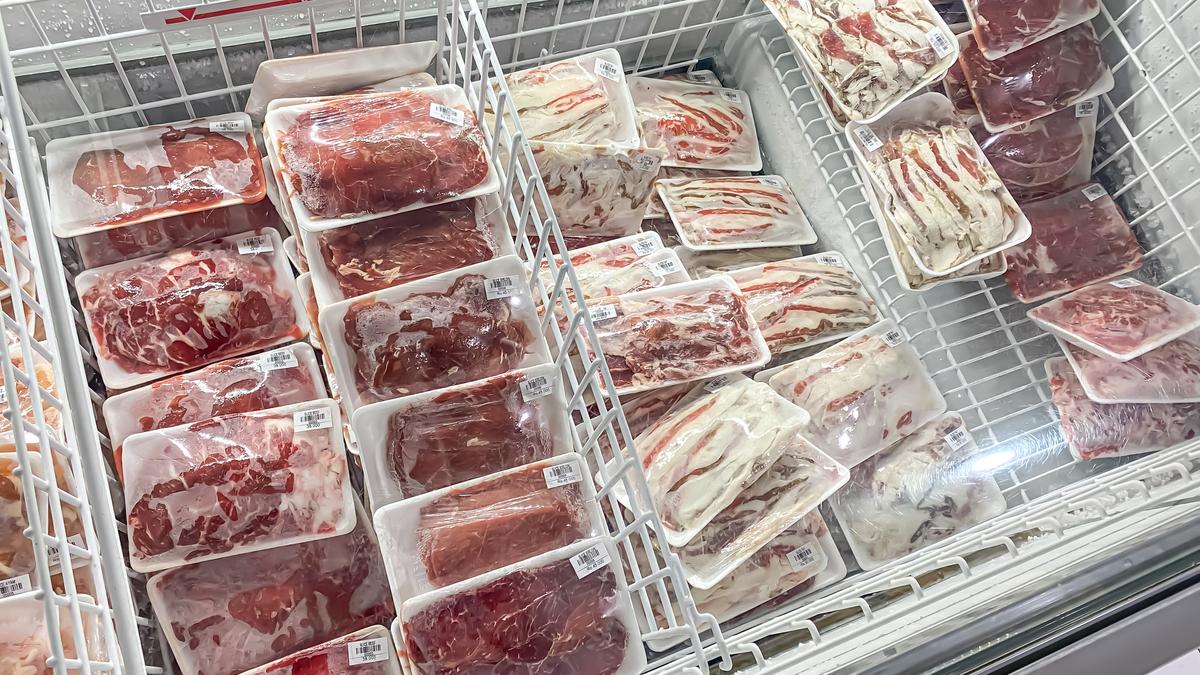
Swift Summary
- the J&K government uncovered four tonnes of rotten meat and poultry in the Kashmir valley within a week, leading to local protests.
- 3,500 kg of unsafe meat was destroyed after failing FDA standards. Key seizures included:
– 1,200 kg from Srinagar’s Zakura Industrial Estate on August 2.
– approximately 400 kg seized in Anantnag on August 8.
- Kashmir consumes around 60,000 tonnes of mutton annually; half comes from outside the region.
- The Kashmir Chamber of Commerce and Industry (KCCI) called the discovery a public health crisis and urged transparent investigations with accountability at all levels.
- Resturant consumer footfall in major culinary hubs like khayam reduced by up to 75%.
- Religious leaders weighed in:
– Mirwaiz Umar Farooq demanded strict penalties for offenses involving “harmful or haram food” and mandatory labelling of packed meat.
– Mufti Nasir-ul-Islam issued an Islamic fatwa prohibiting consumption or earning through haram (forbidden) food sources.
- Satish sharma, Minister for Food & Consumer Affairs, announced stringent measures against adulterated meat operations: sealing businesses, canceling licenses, prosecution under food safety laws.
- Enforcement squads will monitor suspected supply chains with surprise inspections.
Indian Opinion Analysis
The seizure of large quantities of rotten meat highlights structural gaps in quality control within Kashmir’s thriving meat industry. The dual concerns raised-public health risks due to unhygienic practices and declining consumer confidence-could significantly impact both short-term business operations and long-term trust towards suppliers.
Efforts by authorities such as increased vigilance and regulatory enforcement are steps toward addressing these issues systematically. Tho, pushing for stricter compliance mechanisms like mandatory labelling could enhance transparency across supply chains while mitigating risks to public health. Religious leaders weighing in reflects the cultural dimension intertwined with this problem, underscoring moral accountability alongside legal consequences.
Resolving this issue aligns with broader priorities like consumer welfare and safe food practices critical for societal trust-a point that stakeholders must prioritize collectively while balancing trade interests alongside safety.
Read more:


